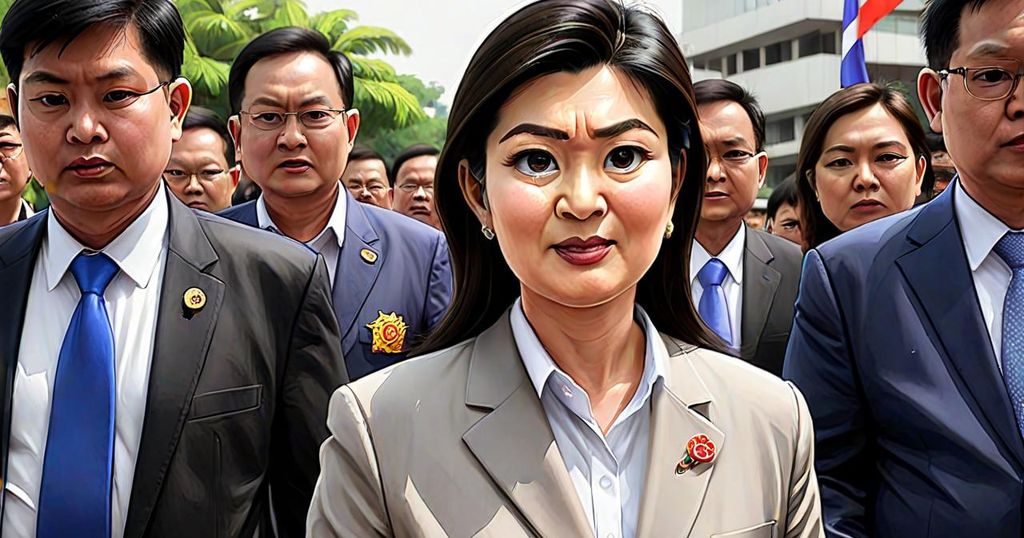Former Prime Minister Yingluck Shinawatra of Thailand has been cleared of charges related to mishandling 240 million baht ($6.7 million) in government funds for a project in 2013 by the Supreme Court’s Criminal Division for Political Office-Holders. The court has acquitted her, along with five other defendants, of accusations of not following a proper bidding process for a campaign to promote an infrastructure plan during her time in office.
This recent development brings hope for Yingluck to return to Thailand, possibly reuniting her with her brother, Thaksin Shinawatra, who is also a former Prime Minister. Prior to the acquittal, Yingluck was residing in exile in another country following the military coup that removed her from power in 2014.
The decision of the court to clear Yingluck and the other defendants was unanimous, signaling a key victory for the former Prime Minister. The acquittal has brought an end to a long-standing legal battle that has kept Yingluck from returning to her home country.
The case against Yingluck and her co-defendants originated from the implementation of an infrastructure plan initiated during her tenure as Prime Minister. The controversial project became the subject of scrutiny due to allegations of irregularities in the bidding process. However, with the recent court ruling, the allegations have been put to rest, allowing Yingluck to move forward from the legal troubles that have kept her in exile for years.
The news of Yingluck’s acquittal has sparked a mix of reactions in Thailand and abroad. Some of her supporters have welcomed the decision, emphasizing that it paves the way for her potential return to the country. On the other hand, critics have raised concerns about the broader implications of the legal case and its potential impact on the political landscape in Thailand.
The decision of the court to clear Yingluck and the other defendants indicates that the rule of law has been upheld. Regardless of the outcome, the legal process has demonstrated the importance of transparency and accountability in governance. As a former head of government, Yingluck’s case has underscored the need for leaders to adhere to established procedures to avoid allegations of impropriety.
In light of the acquittal, it remains to be seen whether Yingluck Shinawatra will seek to return to the political arena in Thailand. Her potential reentry into the country’s political landscape could reignite discussions about the influence of the Shinawatra family in Thai politics. The forthcoming developments are expected to be closely monitored by both domestic and international observers.
The recent turn of events underscores the complexity of the intersection between law and politics in Thailand. The acquittal of Yingluck Shinawatra reflects a significant moment in the country’s legal history and has far-reaching implications for its democratic governance. As the news continues to reverberate, it is evident that the impact of the court ruling will extend beyond the confines of the legal realm and into the wider societal and political spheres.

Leave a Reply